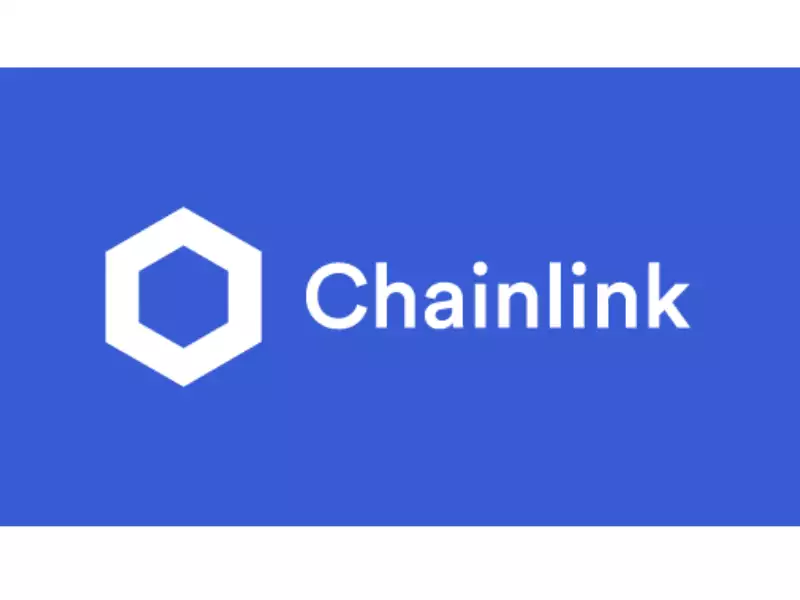Blockchain Banking World Bank Discusses BONDI Bond Launch With Australia's CBA
It demonstrates that Blockchain Banking World Bank can be used to issue and trade bonds in a secure and efficient manner.

Blockchain technology is rapidly transforming the financial industry. One of the most exciting applications of blockchain is in the issuance and trading of bonds. Blockchain-based bonds offer a number of advantages over traditional bonds, including:
- Increased efficiency and transparency: Blockchain can automate many of the manual processes involved in bond issuance and trading, making transactions more efficient and transparent.
- Reduced costs: Blockchain can help to reduce the costs associated with bond issuance and trading by eliminating the need for intermediaries.
- Increased accessibility: Blockchain can make bond markets more accessible to investors, regardless of their location or size.
The BONDI bond
The BONDI bond is the first blockchain-based bond to be issued by the World Bank. The bond was issued on August 23, 2018, and raised A$110 million. The bond was issued on the Commonwealth Bank of Australia's (CBA) blockchain platform, Bond-i.
The BONDI bond is a two-year bond with a coupon rate of 2.87%. The bond is backed by the full faith and credit of the World Bank.
Implications for the future of banking
The launch of the BONDI bond is a significant development for the financial industry. It demonstrates that blockchain technology can be used to issue and trade bonds in a secure and efficient manner.
The success of the BONDI bond could pave the way for more banks and other financial institutions to issue blockchain-based bonds. This could lead to a major transformation of the bond market, making it more efficient, transparent, and accessible to investors.
Benefits of blockchain-based bonds
Blockchain-based bonds offer a number of benefits over traditional bonds, including:
- Increased efficiency and transparency: Blockchain can automate many of the manual processes involved in bond issuance and trading, making transactions more efficient and transparent. This can lead to lower costs and faster settlement times.
- Reduced costs: Blockchain can help to reduce the costs associated with bond issuance and trading by eliminating the need for intermediaries. This can make bonds more attractive to investors, especially those in emerging markets.
- Increased accessibility: Blockchain can make bond markets more accessible to investors, regardless of their location or size. This is because blockchain-based bonds can be traded on decentralized exchanges, which are not subject to the same regulatory restrictions as traditional bond markets.
Challenges of blockchain-based bonds
Despite the many benefits of blockchain-based bonds, there are a number of challenges that need to be addressed before they can be widely adopted. These challenges include:
- Regulatory uncertainty: The regulatory landscape for blockchain-based bonds is still evolving. This uncertainty is holding back some investors from investing in blockchain-based bonds.
- Technical challenges: The technology for blockchain-based bonds is still in its early stages of development. This means that there are some technical challenges that need to be addressed before blockchain-based bonds can be widely adopted.
- Lack of awareness: Many investors are not yet aware of the benefits of blockchain-based bonds. This lack of awareness is another barrier to adoption.
The launch of the BONDI bond is a significant development for the financial industry. It demonstrates that blockchain technology can be used to issue and trade bonds in a secure and efficient manner.
The success of the BONDI bond could pave the way for more banks and other financial institutions to issue blockchain-based bonds. This could lead to a major transformation of the bond market, making it more efficient, transparent, and accessible to investors.
What's Your Reaction?














